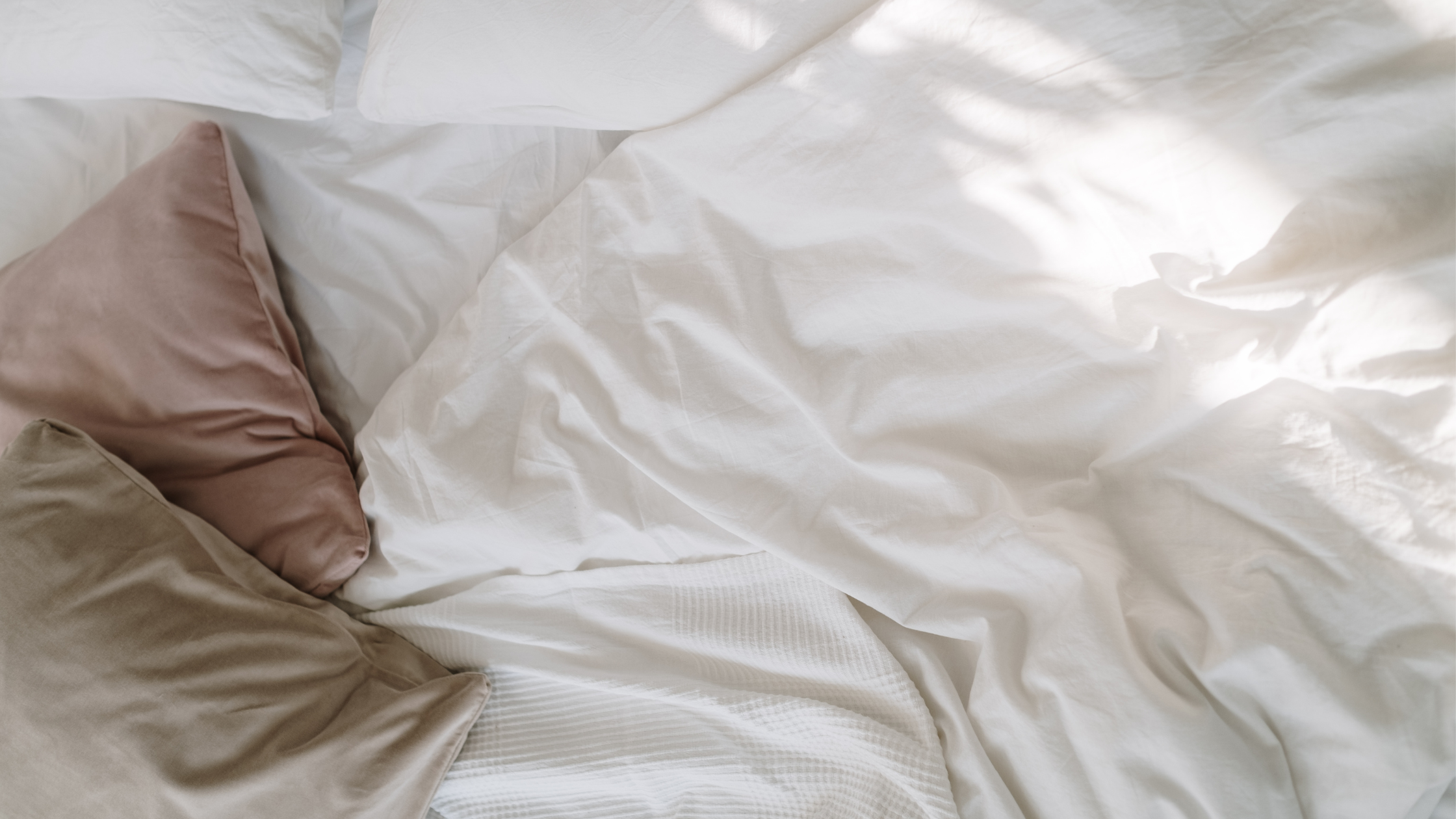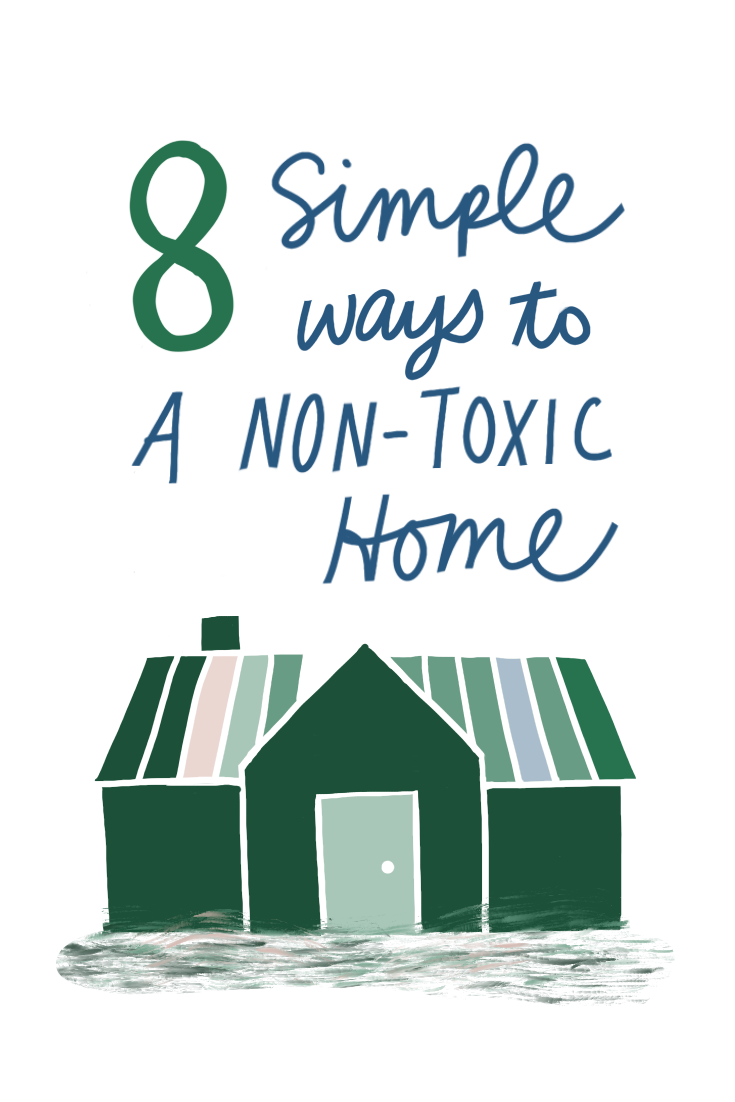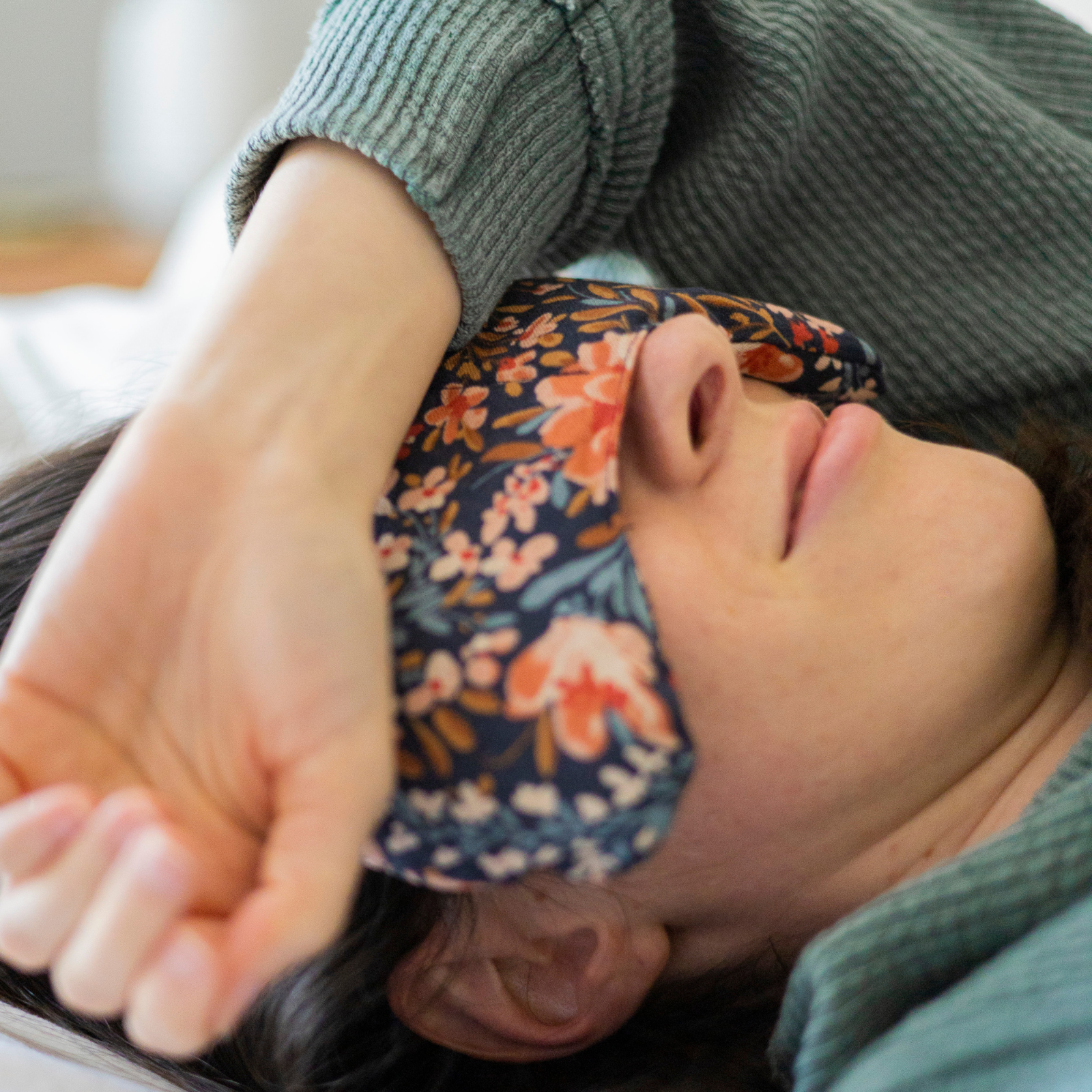 Photo by Taisiia Shestopal
Photo by Taisiia Shestopal
Sleep is a strange and mysterious part of our lives. We know we need it — but we don’t really know why. Scientists have documented the many benefits of getting a good night’s rest, but there’s no singular answer exactly to why it’s truly necessary. But the overarching and widely-agreed-upon answer is that getting proper sleep restores our minds and our bodies.
While we’re dozing off, our brains cycle through a series of four distinct stages, each of which serves a purpose in recharging both body and mind. Interrupting those cycles cuts that recharge time short and can lead to a host of wellness consequences; judgment, mood, motivation, perception of events, and ability to learn and retain information are all impacted by inadequate sleep. What’s more, chronic sleep deprivation can lead to diabetes, cardiovascular disease, and even an increased risk of death, according to the Division of Sleep Medicine at Harvard Medical School.
 Photo by Bruce Mars
Photo by Bruce Mars
The first three stages of sleep - N1, N2, and N3 (or deep sleep) - are called quiet sleep. We spend about five minutes in Stage N1, in which the body temperature begins to drop, muscles relax, and the eyes move slowly from side to side. N2 is chronicled by the start of irregular electrical brain activity, which appears as large, slow waves punctuated with brief bursts of activity. During this stage, the brain shuts itself off from any outside sensory input, beginning the process of memory consolidation (essentially organizing memories for long-term storage). Our pulse drops by 20%-30% in the N3, or deep sleep stage, in which the body goes into full-on restoration mode.
REM occurs about 90 minutes after falling asleep, and is the fourth and final stage of sleep. It’s also when the most dreaming occurs. Our heart rate and blood pressure actually increase, and breathing becomes fast, shallow, and irregular. This stage is a vital component of learning, processing information, and memory function.
So, yes, while it might be tempting to stay up late and finish that project or assignment you’ve been working away on, the science would say you should call it a night and catch your zz’s. You’ll be better prepared to tackle it in the morning after an adequate amount of quiet sleep and REM cycles.
 Photo by Gaelle Marcel
Photo by Gaelle Marcel
It can be difficult to fall asleep and stay asleep as we get older, especially as we’re faced with an onslaught of deadlines, strain on work-life balance, and incessant screen time. If you feel like you have trouble getting enough rest every night, try a few of these tips:
1. Buy a pair of blue light glasses.
Blue light from our screens actually keeps our brains alert and suppresses our production of melatonin, the hormone that controls our sleep/wake cycles. Glasses that filter blue light could minimize the effects of screens on your brain.
 Photo by twinsfisch
Photo by twinsfisch
2. Cut back on the caffeine after 3 p.m.
Caffeine can disrupt your sleep cycle six hours after consuming it, according to a study by the Journal of Clinical Sleep Medicine. It’s optimal to have coffee in the mid to late morning to stay alert throughout the day without winding yourself up too much before bedtime.
 Photo by David Mao
Photo by David Mao
3. Take a melatonin supplement.
Melatonin regulates your sleep/wake cycle, or circadian rhythm. It occurs naturally in the body but can be taken as a supplement if you feel your biological clock needs a tune-up (this is especially useful for reversing the effects of jetlag).
4. Give aromatherapy a try.
Try using an essential oil diffuser to freshen up your room with the calming scent of lavender. It’s been known to improve sleep quality and is completely natural.

Check out these other resources for getting enough sleep:

Cecilia Seiter
Cecilia is a freelance writer and contributor to Slow North. She writes largely about sustainability, especially as it applies to beauty, wellness, and the future of technology. She is a graduate of the journalism department at Cal Poly, San Luis Obispo and is based in Los Angeles, CA.


























